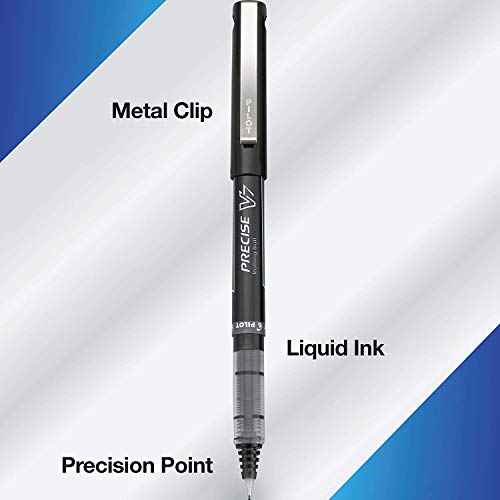Fuel Tank Sloshing Simulation Using the Finite Volume Method (BestMasters)
₱4,276.00
Product Description
Matthäus Jäger examines the simulation of liquid-gas flow in fuel tank systems and its application to sloshing problems. The author focuses at first on the physical model and the assumptions necessary to derive the respective partial differential equations. The second step involves the cell-centered finite volume method and its application to fluid dynamic problems with free surfaces using a volume of fluid approach. Finally, the application of the method for different use cases is presented followed by an introduction to the methodology for the interpretation of the results achieved.
From the Back Cover
Matthäus Jäger examines the simulation of liquid-gas flow in fuel tank systems and its application to sloshing problems. The author focuses at first on the physical model and the assumptions necessary to derive the respective partial differential equations. The second step involves the cell-centered finite volume method and its application to fluid dynamic problems with free surfaces using a volume of fluid approach. Finally, the application of the method for different use cases is presented followed by an introduction to the methodology for the interpretation of the results achieved.
Contents
Developing a Fuel Tank with the Help of Computer Aided Engineering (CAE)
Deriving a System of Equations for the Description of Sloshing Phenomena
Showing the Usability of the Finite Volume Method
Verifying the Results for Suitable Test Cases
Target Groups
Lecturers and students from the fields of mechanical engineering, mathematics and physics
Practitioners in the field of computational fluid dynamics
The Author
After successful completion of his master’s studies at the Technical University of Graz, Austria,
Matthäus Jäger is now working as an engineer in the field of computational fluid dynamics for an Austrian fuel tank system manufacturer.
About the Author
After successful completion of his master’s studies at the Technical University of Graz, Austria, Matthäus Jäger is now working as an engineer in the field of computational fluid dynamics for an Austrian fuel tank system manufacturer.














